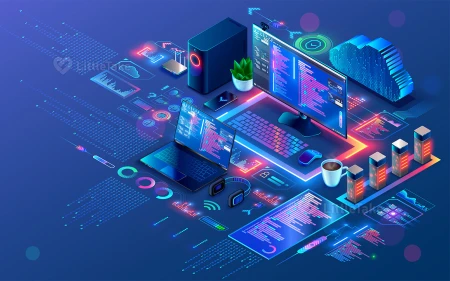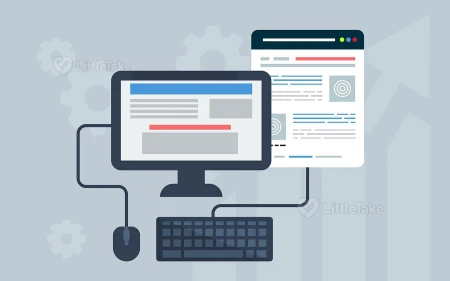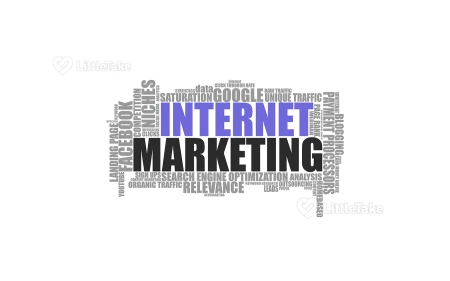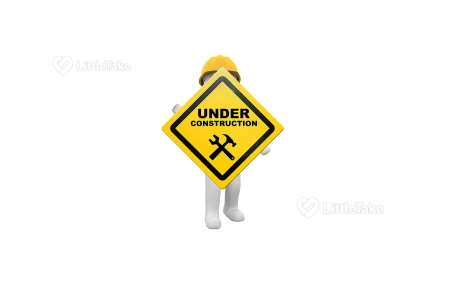
The internet has evolved significantly since its inception, and we are now on the cusp of a major transformation with the advent of Web3. But what exactly is Web3, and how does it differ from its predecessor, Web2? In this guide, we'll explore the key differences between Web3 and Web2 and why it matters for the future of the internet.
What is Web2?
Web2, also known as the "social web," is the current iteration of the internet that we use today. It is characterized by centralized platforms and services, where users rely on intermediaries to access information, interact with each other, and conduct transactions online. Web2 is built on technologies such as cloud computing, mobile devices, and social media.
What is Web3?
Web3 is the next iteration of the internet, built on blockchain technology. It is a decentralized and distributed network that allows users to interact with each other without intermediaries. Web3 is designed to be more secure, transparent, and user-controlled than Web2.
Key Differences between Web3 and Web2
There are several key differences between Web3 and Web2:
- Decentralization: Web3 is decentralized, meaning that it is not controlled by any central authority or intermediary. Web2, on the other hand, is centralized, with users relying on intermediaries to access information and conduct transactions online.
- Security: Web3 offers greater security than Web2, as it is designed to be more resistant to hacking and cyber attacks.
- Privacy: Web3 offers greater privacy than Web2, as users have greater control over their data and interactions online.
- Transparency: Web3 is more transparent than Web2, as all transactions and interactions are recorded on a public blockchain ledger.
- User control: Web3 offers greater user control than Web2, as users have greater control over their identity, data, and online interactions.
Why Does It Matter?
The differences between Web3 and Web2 are significant and have important implications for the future of the internet. Web3 has the potential to transform the way we interact with each other and the world around us, offering a more secure, private, and user-controlled online experience. With Web3, we can move away from centralized intermediaries and take back control of our data and online interactions. As the internet continues to evolve, the shift towards Web3 will become increasingly important, and we are excited to see where this journey takes us.
Conclusion
Web3 is the next iteration of the internet, offering a decentralized and user-controlled online experience that is more secure and private than its predecessor, Web2. The differences between Web3 and Web2 are significant and have important implications for the future of the internet. As Web3 continues to evolve and mature, it will play an increasingly important role in shaping the online world, and we are excited to be a part of this journey.


















